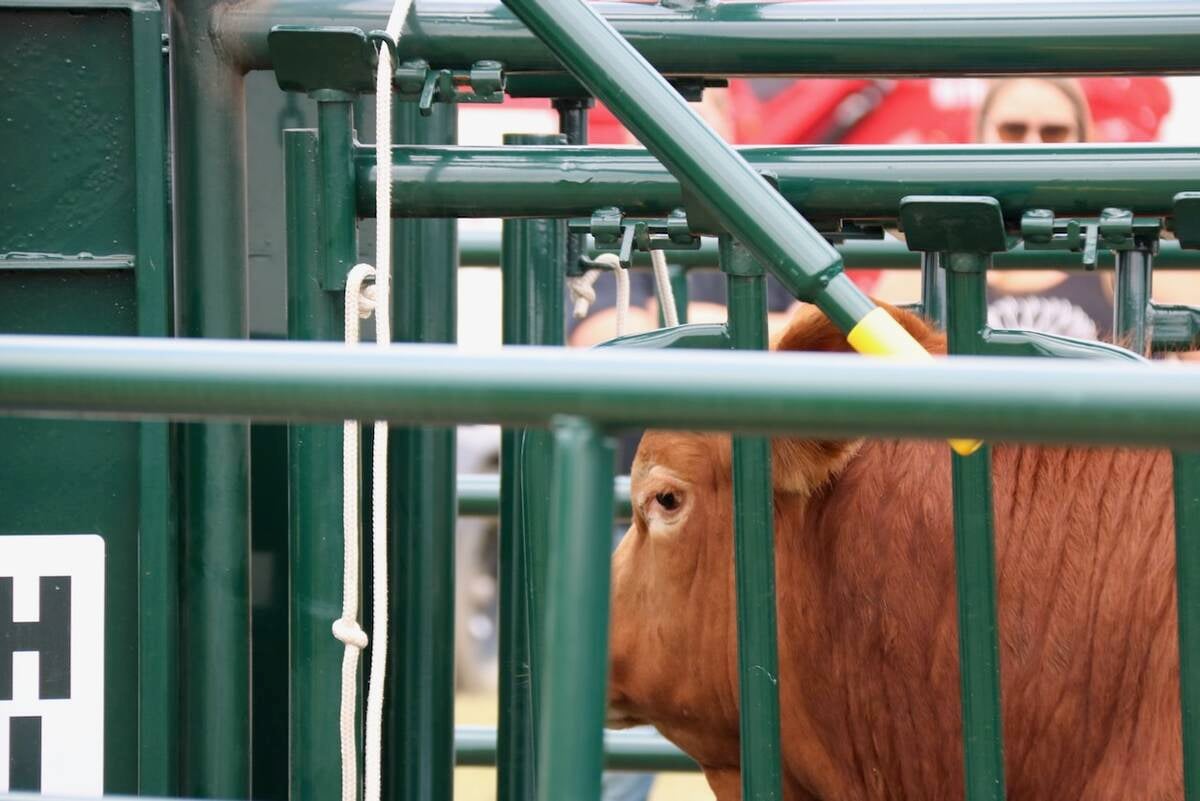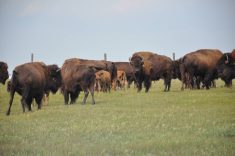Europe has learned the hard way to manage the impacts of animal disease.
Starting with BSE in the mid-1980s, Europe experienced classical swine fever in 1999, foot-and-mouth disease in 2001-02 and avian influenza in 2003. In some cases the origins of the disease were well documented but in other instances, no one is sure how the problem started.
Some of the hardest lessons were learned after the foot-and-mouth epidemic in England. Animals were moved without control within the auction market system. Poor identification and traceback caused the disease to rage out of control.
Read Also

Good handling equipment a must on cattle operations
It’s important for the safety of producers and everyone else dealing with their stock that handling equipment is functional and safe.
“There is proof with the lack of identification and inability to trace place of origin, it exacerbated the situation in 2001,” said Alf-Eckbert Fussel who is with the animal health and welfare directorate for the European Union.
Europe is moving toward full records of animal travel. There is considerable movement of livestock within the EU’s 25 member states and without stringent controls diseases can get out of hand, Fussel told the Animal Transportation Association annual meeting in Calgary May 2.
“Transportation itself does not cause epidemics but it may spread disease from place to place,” he said.
There are large livestock populations in Europe with overland connections to the Middle East and Central Asia from where problems can easily migrate.
“The dangers are very close to our doors,” he said.
With abandonment of international border controls on the European continent, veterinary services in the country of origin are responsible for guaranteeing low risk of disease at the place of departure with additional checks at the destination.
Europe requires that disease must be immediately reported. Animals must be identified and holdings must be registered.
It has had legislation covering trade in live animals for more than 10 years with regular amendments for the movement and identification of various species. New legislation is also under review to guard animal welfare in transport.
There are also stricter import rules for food of animal origin brought in with passenger luggage. The former rule permitted one kilogram of food per person for personal consumption. This has been revoked.
It is believed some diseases like swine fever were spread through contaminated meat scraps fed to pigs.















